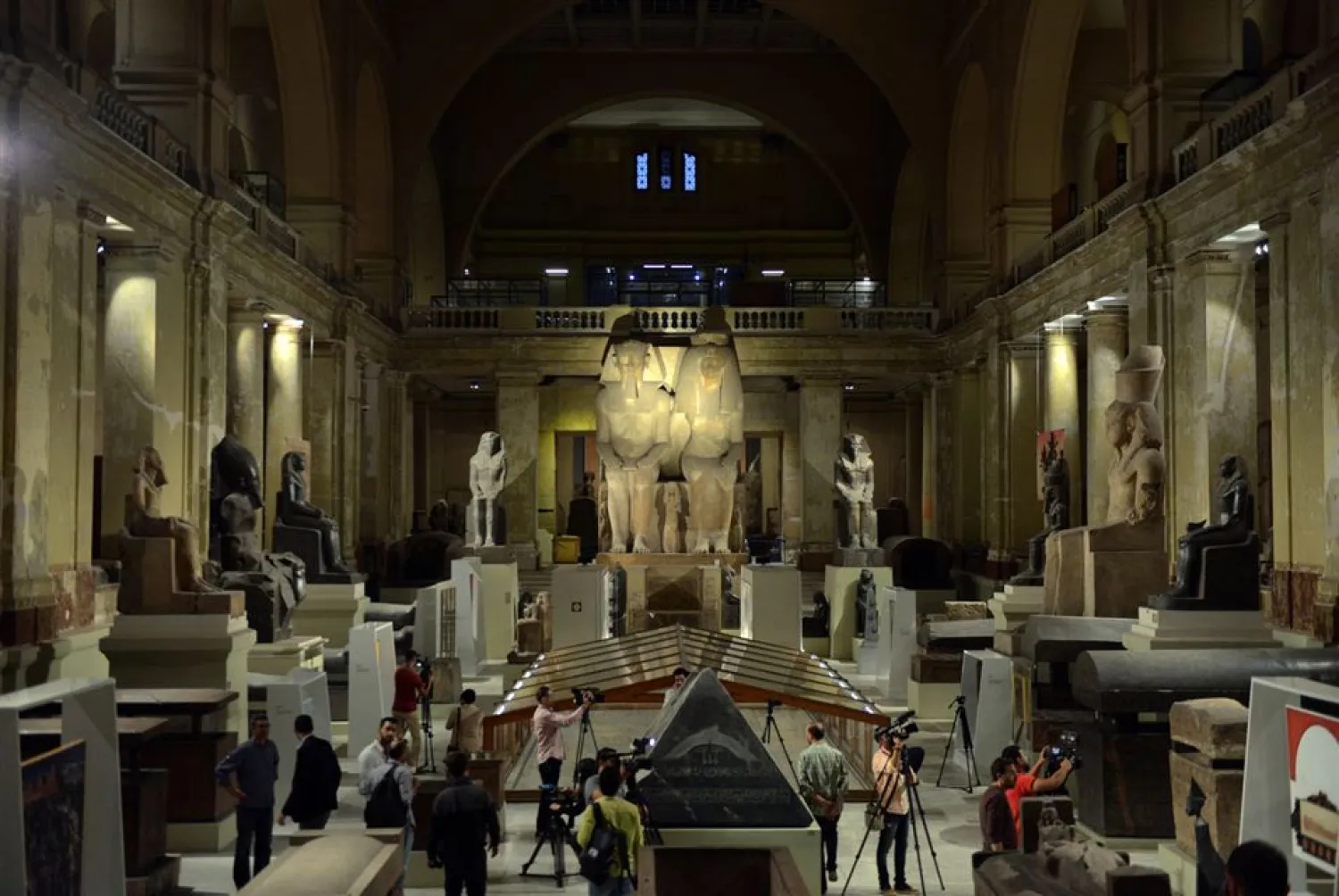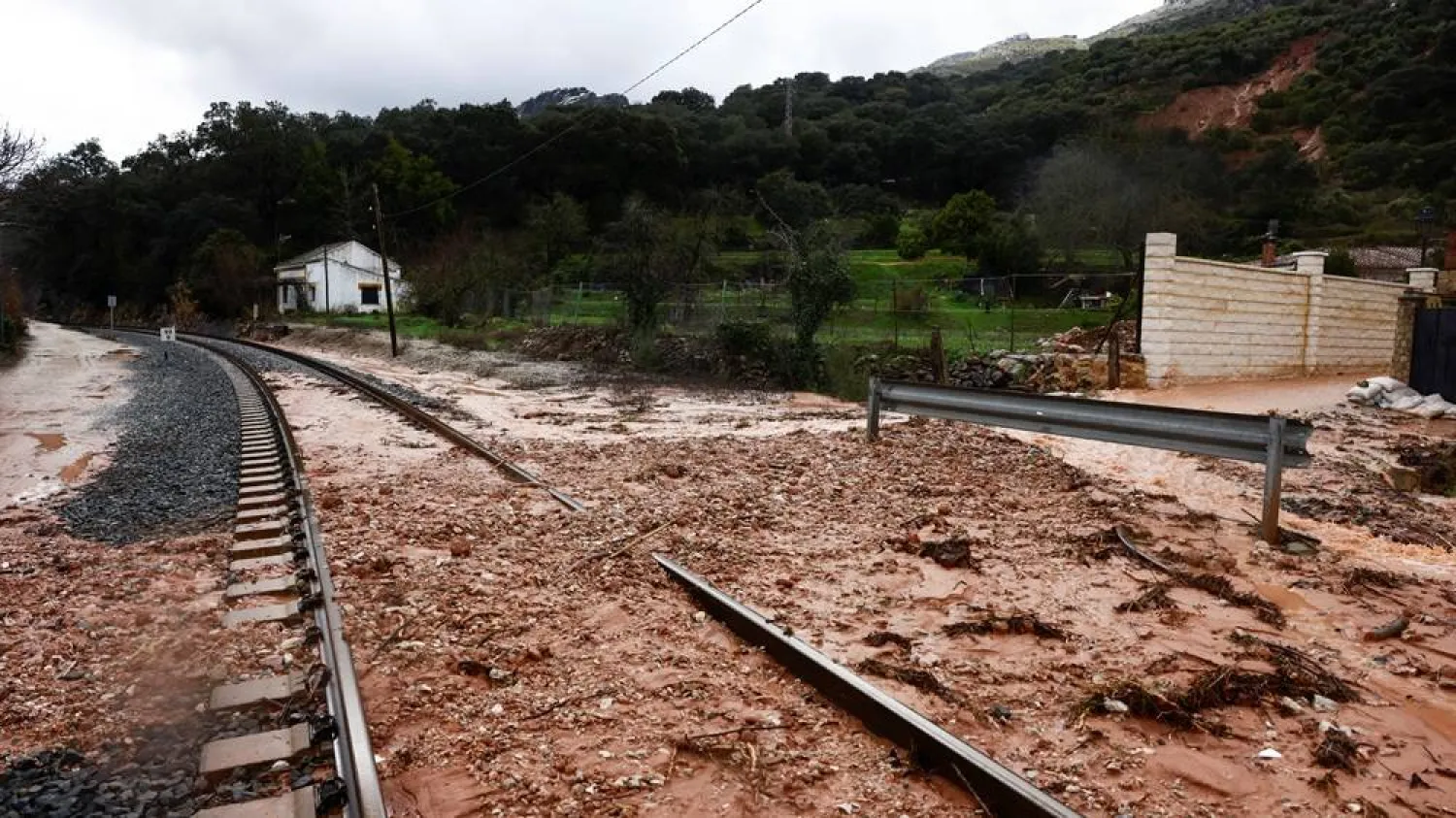The Egyptian Ministry of State of Antiquities said Monday that UAE’s Sharjah Ruler Sheikh Sultan Bin Mohammed Al Qasimi has returned 354 smuggled Egyptian antiques, which were confiscated by the emirate’s authorities.
"The initiative of His Highness Sheikh Sultan Al Qasimi comes as part of the cultural cooperation between the two brother countries and the efforts to preserve the cultural, civilization and humanitarian heritage," the statement quoted Foreign Minister Assistant for Cultural Relations Heba al-Marasi.
The statement reported by Reuters said that the Egyptian Embassy in Abu Dhabi received earlier an official notification from Sheikh Sultan Al Qasimi on the confiscation of the smuggled antiques.
The returned pieces belong to archaeological collections dating back to different eras of ancient Egyptian and Islamic civilizations.
The most prominent of the pieces was a collection of bronze statues of various sizes of ancient Egyptian gods, including a statue of the goddess Osiris and another of the goddess Isis. The collection also included faience amulets and tombstones from the Islamic era.
The Egyptian Ministry of Antiquities said in a previous statement that a special committee received the returned pieces in the Egyptian Museum in Cairo. It also unpacked and recorded them.
Antiquities Minister Khaled al-Anani said some of these pieces will be soon displayed in a temporary exhibition at the Egyptian Museum.









